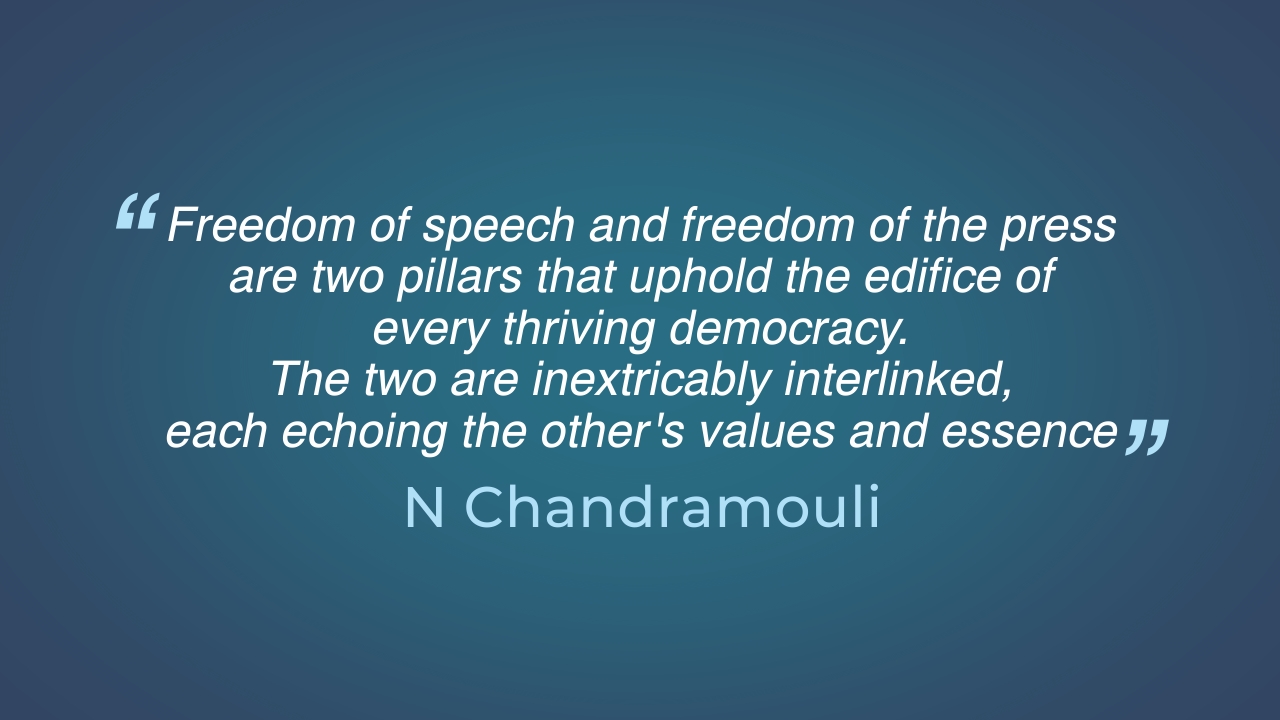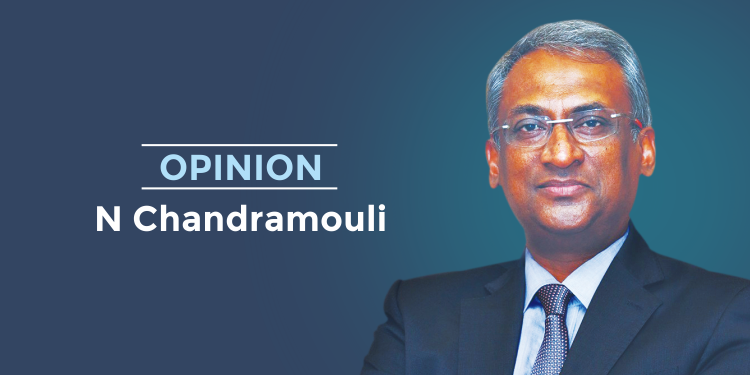From the annals of history to the throbbing heart of modern India, resistance has been a companion for those seeking justice. India, with its rich tapestry of struggles and victories, has stood as a symbol of this defiance through the serene spirit of Gandhiji’s non-cooperation movement to his strategic boycott against British goods.
During the era of British colonialism, Indians didn’t merely endure; they resisted. The Swadeshi Movement epitomizes this resistance. It transcended the mere act of choosing local goods over foreign ones, which, in essence, was a boycott of foreign goods. The humble charkha, in this backdrop, transformed into a symbol of resistance, inspiring millions to craft their own cloth and thereby, weave the narrative of an independent India. This narrative was not merely about breaking chains; it was about shaping a new India. Every swatch of cloth hand spun on the charkha became an emblem of defiance and an assertion of Indianness against the overpowering shadow of the British Raj.
Similarly, when we gaze West, Dr. Martin Luther King Jr. didn’t only fight against the tangible chains of segregation. He was battling deep-seated prejudices, confronting generational biases, and seeking to reframe a narrative that had for long been steeped in racial discrimination for centuries.
In current times too boycotts remain a formidable weapon of resistance and registering protest. The sports arena has not been exempt from this, with the U.S. boycotting the 1980 Moscow Olympics standing as an example. Such acts, transcending mere sports, carried political messages of gravity, critiquing the Soviet Union’s actions in Afghanistan.
Boycott and non-cooperation are legitimate means of protest, especially when traditional channels of communication and negotiation have been corrupted or stifled. By choosing not to participate in or support any system that perpetuates injustice or bias, individuals and groups force a spotlight on deeply entrenched problems, challenging the status quo. This silent yet assertive form of resistance underscores the essence of democracy, allowing for dissent and dialogue without resorting to chaos. When practiced with clarity of purpose and solidarity, boycotts and acts of non-cooperation hold the potential to reshape societal narratives, realign priorities, and usher in transformative changes.
Today, India witnesses this resistance in a different form. The opposition’s choice to boycott 14 TV anchors is not just a footnote for our democracy. It is a proclamation, a demand from the media, revered as the fourth pillar of democracy, to uphold its solemn duty of neutrality. It serves as a reminder that the media’s responsibility is to amplify every voice, be it a whisper, whimper, or wail, without tilting scales with bias.
Freedom of speech and freedom of the press are two pillars that uphold the edifice of every thriving democracy. The two are inextricably interlinked, each echoing the other’s values and essence. However, as the cliché goes, with these great freedoms come enormous responsibility. Just as one’s right to swing their arm ends where another’s nose begins, so too does the mandate for both speech and press, which are to be exercised with discretion and integrity. These freedoms aren’t a carte blanche to propagate falsehoods or to fan the flames of division. The misuse of these liberties doesn’t just betray the trust of the public; it undermines the very foundations of our democratic framework.

In a world inundated with information, the role of media becomes even more critical. It’s not just about reporting events; it’s about shaping perspectives, informing opinions, and ensuring that a diverse populace is equipped with accurate, unbiased information to make informed choices. A skewed media landscape not only distorts the nation’s perception but can lead to deep societal rifts, further exacerbating existing divisions of culture, community, and class.
The added action by opposition-led states, pulling back ad revenues, might be perceived by some as a tactical move. But it underscores a profound message that such biased media action impact does not leave the media owners and their investors untouched. Journalism, in its true democratic essence, should be steadfast in its pursuit of the truth – without bias, without any monochrome.
The winds of change are blowing, and as history has shown, they often carry with them the seeds of transformation. Today’s media boycott might be one such gust, heralding a renewed era of balanced journalism in India.
(The author is CEO, TRA Research, a consumer insights and brand analytics company. Views are those of the author and not of the publication.)
Feedback: [email protected]

















